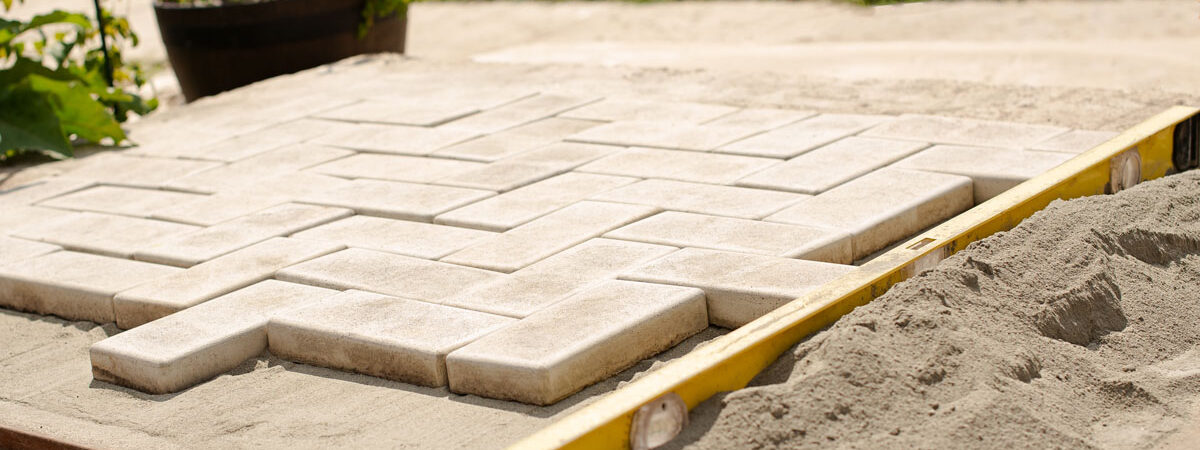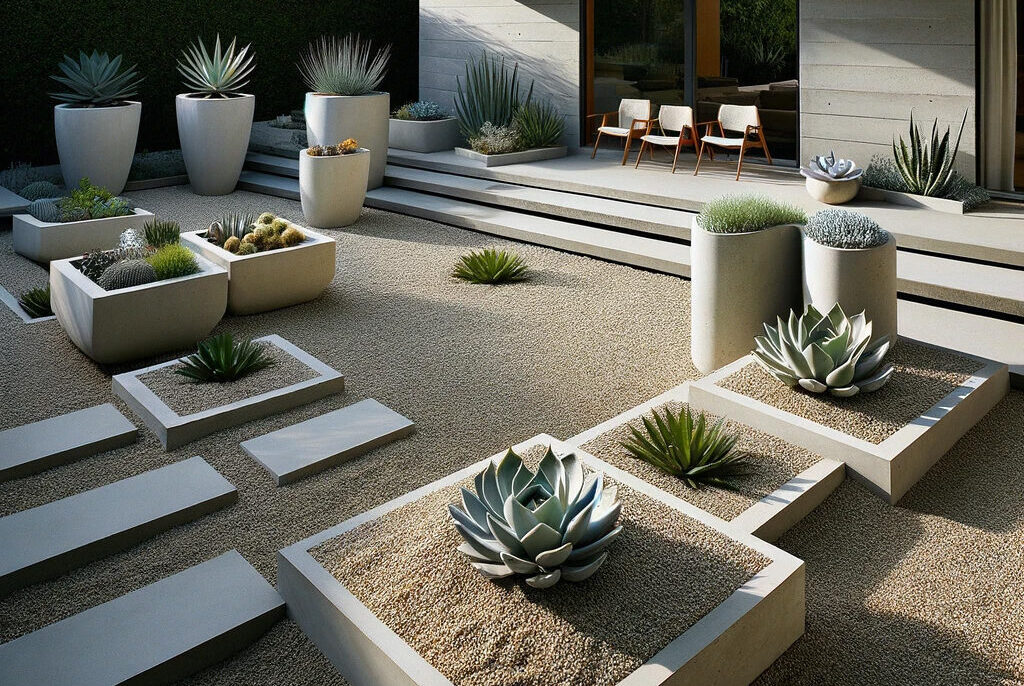Concrete Sand vs Masonry Sand: Which is Best for Your Project?
When it comes to construction and landscaping projects, choosing the right type of sand is crucial. Two common types of sand used in construction are concrete sand and masonry sand. While they may seem similar, there are important differences between the two. In this article, we’ll compare concrete sand vs masonry sand and help you decide which one is best for your next project.
What is Concrete Sand?
Concrete sand is a type of sand that is used in the production of concrete. It is coarse and gritty and is typically made from crushed rocks such as limestone or granite. The grains of concrete sand are angular in shape, which helps to create a strong bond between the sand particles and the cement in the concrete mix. This makes it an ideal choice for construction and civil engineering projects such as building foundations, sidewalks, and roads.
What is Masonry Sand?
Masonry sand, also known as plaster sand, is a fine-grained sand that is used in masonry work. It is made from crushed rock such as granite or limestone and is much finer than concrete sand. The grains of masonry sand are rounded, which makes them ideal for use in applications where a smooth finish is desired. This makes it an ideal choice for projects such as brick laying, stucco, and plastering.
Differences Between Concrete Sand and Masonry Sand
While concrete sand and masonry sand may seem similar, there are important differences between the two. Here are some of the main differences:
- Particle size: Concrete sand is typically coarser than masonry sand, with grains ranging from 0.2mm to 4mm in size. Masonry sand, on the other hand, is much finer, with grains ranging from 0.075mm to 2mm in size.
- Shape: The grains of concrete sand are angular in shape, while the grains of masonry sand are rounded.
- Usage: Concrete sand is primarily used in the production of concrete, while masonry sand is primarily used in masonry work such as brick laying, stucco, and plastering.
Which Sand is Best for Your Project?
The choice between concrete sand and masonry sand depends on the specific needs of your project. Here are some factors to consider:
- Strength: If you need a sand that will provide strong support for your project, such as a building foundation or a road, then concrete sand is the best choice.
- Smooth Finish: If you need a sand that will provide a smooth, fine finish, such as for brick laying or stucco, then masonry sand is the best choice.
- Availability: Depending on your location, one type of sand may be more readily available than the other. Consider the cost and availability of each type of sand in your area.
Conclusion
Choosing the right type of sand for your project can make a big difference in the success of your construction or landscaping project. Concrete sand and masonry sand each have their own unique properties and uses, so it’s important to choose the right one for your specific needs. Whether you need strong support for a building foundation or a smooth finish for your masonry work, consider the differences between concrete sand and masonry sand to make an informed decision.
FAQs
1. Can I use concrete sand for masonry work?
It is not recommended to use concrete sand for masonry work as it is too coarse and can lead to a rough finish.
2. Can I use masonry sand for concrete?
Masonry sand is not recommended for use in concrete as it is too fine and can weaken the strength of the concrete.
3. Can I mix concrete sand and masonry sand together?
It is not recommended to mix concrete sand and masonry sand together as it can lead to inconsistencies in the mix and weaken the structure.
4. Is concrete sand more expensive than masonry sand?
The cost of each type of sand can vary depending on your location and availability. In general, concrete sand may be slightly more expensive due to its larger grain size.
5. Can I use beach sand instead of concrete or masonry sand?
Beach sand is not recommended for construction or landscaping projects as it is too fine and contains salt, which can corrode metal structures.
More Articles from A1 Grass
- Bermuda Grass for High-Traffic Areas: Top Resilient Landscaping Solution for 2024
- ZeroScape Landscaping Designs: Crafting a Drought-Tolerant Garden
- Mastering Hardscape Installation in the Dallas-Fort Worth Area: Tips for Success
- Choosing the Perfect Hardscape Materials: A Guide to Enhancing Your Outdoor Space
- 5 Affordable Hardscape DIY ideas: Transform Your Outdoor Space without Breaking the Bank




